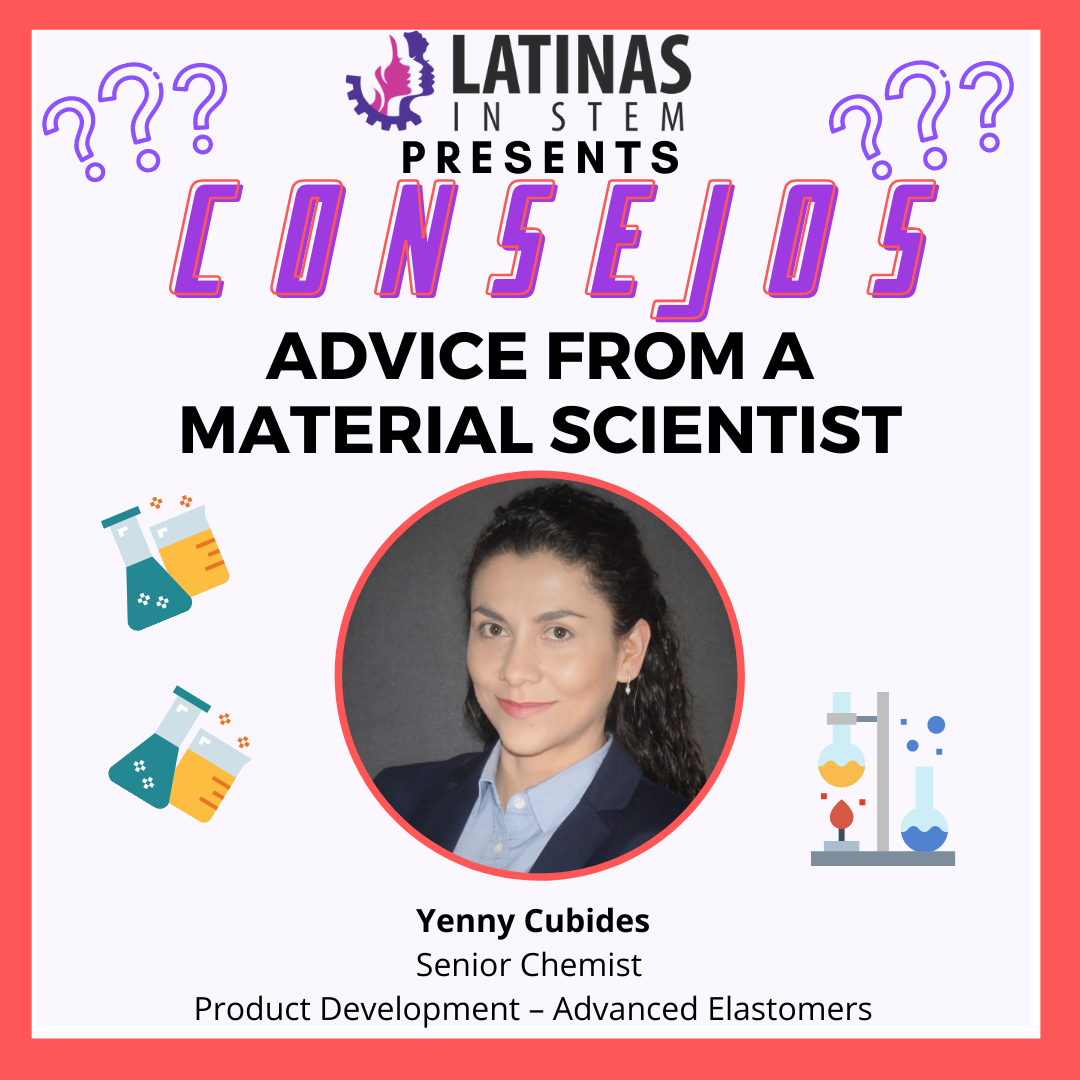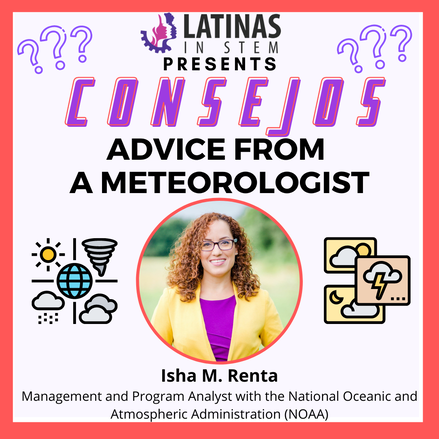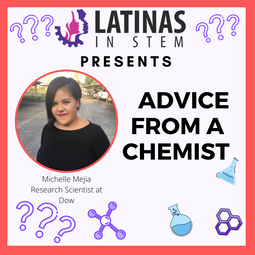[My first] consejo is sometimes, we will have to work twice as hard as some other ethnicities and break many stereotypes, but in the end, working [at] what we love is extremely rewarding.
Being a Latina in STEM is very rewarding, and I remember something a high school Latina student from California told me while I was at the Smithsonian: “I am very happy to see that someone from Mexico is working in this prestigious institution, it gives me hope that one day I could work in a prestigious place like you.”
[My second] consejo is thinking outside your box. I am a biologist, so I have always done things to think and go to the field. However, I was given the opportunity to work in another area during my PhD. And it was great. It was a big success. I learned how to do different things, like logistics, how to contact new students, [and] how to interact with other people. So it helped me [to get] out of my box.
Seek new opportunities. Maybe it is a little bit different from what you learn [or] what you do. In the end, those different things will help you grow and will help you get a very successful career in any of the STEM fields you are currently seeking or doing.








 RSS Feed
RSS Feed

